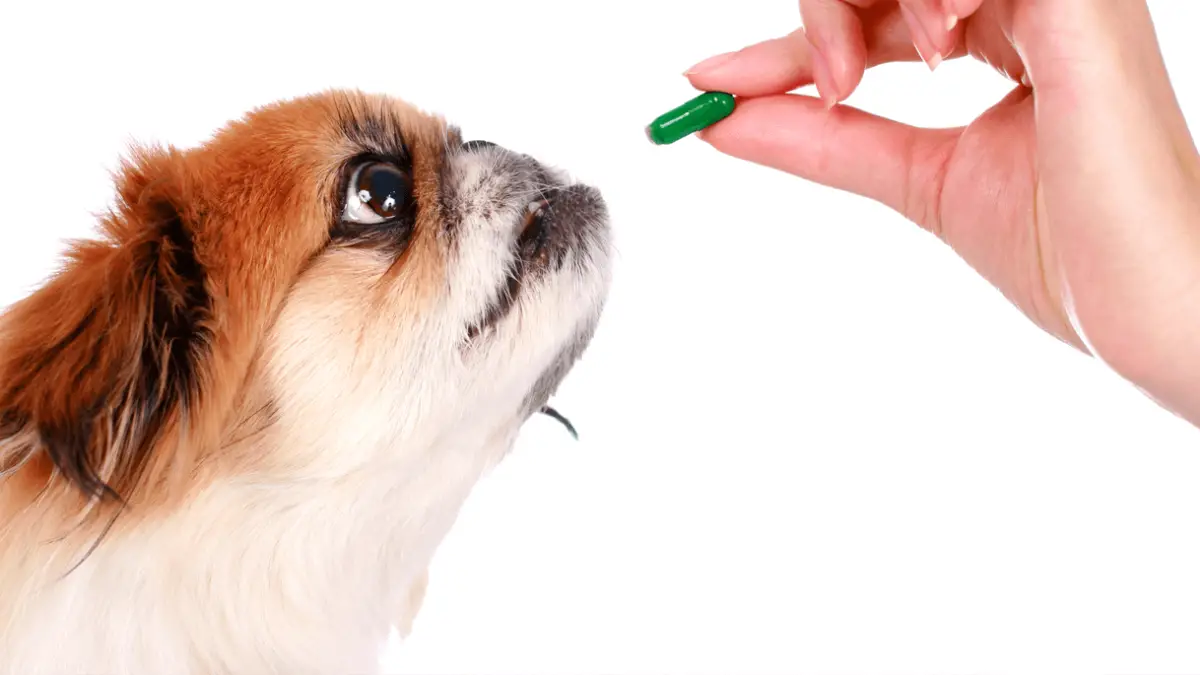Clindamycin for Dogs - Usage & Side Effects
24.08.2021.
If you are a dog owner, you already know dogs are prone to different health issues and conditions. A common practice in veterinary medicine is prescribing human medications to treat dog health issues. One of these medications that is often prescribed is clindamycin. If your vet prescribes clindamycin to your dog, it is natural you’d want to know more about it.
What is clindamycin?
Clindamycin is a broad-spectrum antibiotic that is often used in veterinary medicine to treat issues like;
- Dental infections
- Toxoplasmosis
- Bone infections
- Pyoderma
- Abscesses
- Wounds
It is safe for cats and dogs, but the most important thing is to stick to your vet’s instructions. Some of the brand names for this antibiotic are;
- Antirobe®
- Cleocin®
- ClinDrops®
- Clintabs®
How safe is clindamycin for dogs?
Clindamycin is considered a relatively safe medication for dogs. However, like with any other medication you give your dog, especially off-label antibiotics, you must adhere to your vet’s guidance and recommended dosages. Some dogs can react adversely to clindamycin, with possible side effects.
How is clindamycin given to dogs?
Clindamycin comes in several forms; It is available as an oral liquid, capsule, or pill. The best way to give it to your dog is as an oral liquid or a capsule. You should avoid giving it as a dry pill because if it gets stuck in your dog’s throat, it can cause ulcers. If you’re giving this medication as a pill, combine it with some food or water.
Clindamycin side effects
All medications can cause side effects to dogs. There are virtually no medications, especially antibiotics, that are 100% safe for dogs. Your dog might be allergic to it, so you should keep a close eye on your dog while giving them clindamycin for the first time. Some of the most common side effects of clindamycin for dogs are;
This is a short-acting antibiotic, and it should not affect your dog after 24 hours. However, if you notice side effects like vomiting or diarrhea, you should stop giving clindamycin to your dog and call your vet. Since this is a relatively safe drug for dogs, there isn’t much information about overdosing. That means there is a wide margin for “error” when giving the correct dosage to dogs. However, that doesn’t mean you should not stick to the recommended dosage.
Word of caution about clindamycin
There are a few things dog owners should be aware of regarding clindamycin.
- Potential drug interactions exist, so you should tell your vet if your dog takes other meds, vitamins, or supplements.
- Pregnant or nursing dogs should not take this antibiotic because it can cause health issues for puppies.
- Dogs that have kidney or liver damage should not take this antibiotic.
What to do in case of emergency?
If you notice your dog gets a severe reaction to the medication, you should call your vet. Tell them what is going on, and make sure you take your dog in for emergency treatment. If your vet is unavailable, call Pet Poison Helpline at 800-213-6680.
World Dog Finder team







Share